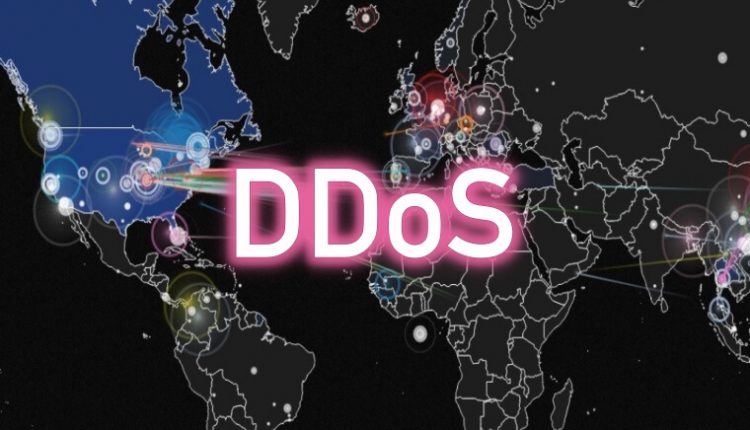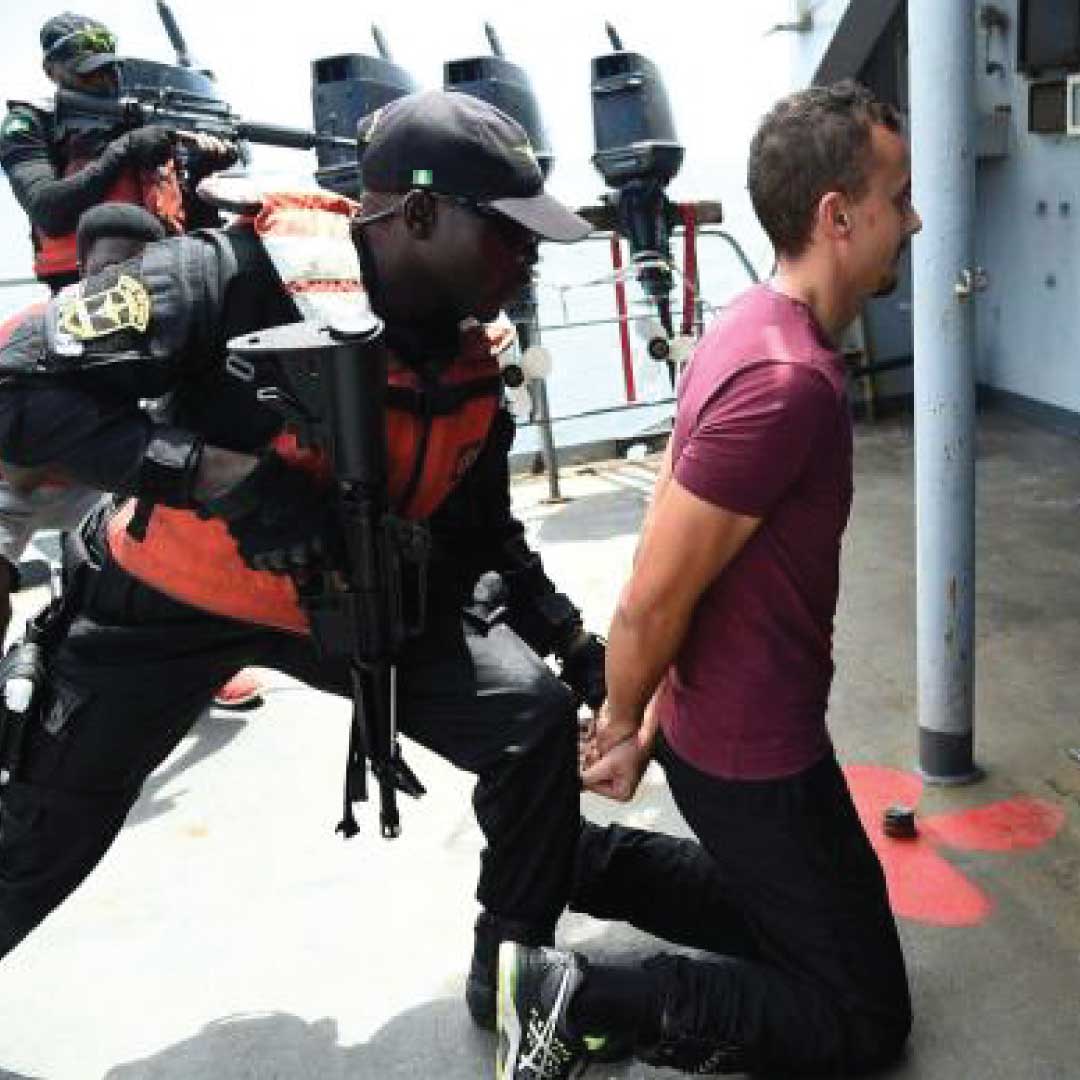The Gulf of Guinea previously worn the title of the region with the highest rates of piracy attacks globally in the shipping corridor for years. The 5,000-nautical mile (nmi) coastline of the wider Gulf of Guinea offers seemingly idyllic conditions for shipping.
It has numerous natural harbours and is largely free of weather-related chokepoints. It is also rich in hydrocarbons, fish, and other resources. These attributes provide tremendous potential for maritime commerce, resource extraction, shipping, and development. Indeed, container traffic in West African ports has grown 14 per cent annually since 1995, the fastest of any region in Sub-Saharan Africa.
This economic boom, however, is threatened by pirates. In 2012, the Gulf of Guinea surpassed that of the Gulf of Aden (infamous for high-seas hijackings) as the region with the highest number of reported piracy attacks globally. These attacks also tended to be more violent. Given the limited maritime security presence of the West African coast, South American narcotics traffickers have found the region an attractive transit route to Europe.
Oil theft and illegal bunkering plague the Gulf of Guinea.
Nigeria alone loses between 40,000 and 100,000 barrels a day due to theft. With 40 per cent of the region’s annual catch estimated to be illegal, unregulated, or unreported, West Africa’s waters also endure the highest level of illegal fishing in the world.
Trade partners have taken note. In 2013, almost all the estimated $10.2 billion worth of regional trade with the United Kingdom moving through the Gulf of Guinea was declared at risk of theft.
\With the increase in risk to ships, cargo, and seafarers, insurance premiums have soared, and companies have taken on additional burdens to secure their ships.
However, efforts by the Federal Government of Nigeria in combating maritime crimes may have begun to yield results. The International Maritime Bureau (IMB), in a report, revealed a drastic reduction in the rate of piracy in the Gulf of Guinea.
The Deep Blue Project
The report said that piracy in the region dropped from 33 incidents in the last quarter of 2020 to six in the second quarter of 2021. IMB said the development gave credence to Nigeria’s efforts in combating piracy in the Gulf of Guinea, including the Integrated National Security and Waterways Protection Infrastructure, also called the Deep Blue Project.
The IMB second quarter (Q2) 2021 report on the global reduction of piracy in 27 years in Nigeria, including the Gulf of Guinea region, stated that “the number of kidnappings in the Gulf of Guinea in the second quarter of 2021 is the lowest since Q2 of 2019.
Director at IMB, Michael Howlett, said while it welcomes reduced piracy and armed robbery activity in the Gulf of Guinea, the IMB commended efforts by the Federal Government of Nigeria to tackle the challenge of piracy in the region, adding that reporting all incidents to the Regional Authorities and IMB PRC will ensure seafarers maintain pressure against pirates.
“Bringing together maritime response authorities through initiatives – like Nigeria’s Deep Blue Project and Gulf of Guinea Maritime Collaboration Forum – will continue and strengthen knowledge sharing channels and reduce risk to seafarers in the region,” he said.
How Nigeria did it
Enhanced information sharing in the West and Central Africa sub-region. What technology was involved in Nigeria’s fight against piracy in the Gulf of Guinea? Reports reveal Drones and Choppers regularly deploy to combat piracy in the Gulf of Guinea. The government also use boats and aircraft to counter attacks on ships.
The Situation in Somalia
On the other hand, Somali pirates are checkmated by a patrol of the European Union Naval Force Somalia (EUNAVFOR), one of several initiatives to combat piracy against international shipping off the coast of Somalia.
Twenty years ago, when the government of Somalia collapsed, few imagined that the country’s ongoing state of lawlessness would eventually spawn piracy on such a scale that the security of the western Indian Ocean region could be threatened. At first, many assumed that pirate attacks on passing ships could be quickly stifled.
But the problem has grown into a global malady that so far has warranted seven United Nations resolutions, one of which authorized “all necessary means to repress piracy and armed robbery at sea.”
According to the UN’s International Maritime Organization (IMO), the problem is global, with 276 acts of piracy or armed robbery against ships reported worldwide in 2010. With failed attempts added, the total climbed to 489, a 20 per cent increase from 2009. Although the South China Sea suffered the most attacks, Somalia came in second.
The economic losses are also enormous. The US-based non-governmental One Earth Future Foundation, in a recent study on naval piracy, estimated that Somali pirates extorted some $177 million in ransom in 2009 and $238 million the following year. Including the costs of higher insurance premiums, re-routing ships, anti-piracy security and the impact on regional economies, the total annual costs may range between $7 billion and $12 billion, the study finds.
Justifications
Some arrested Somali pirates and senior officials have sought to justify the explosion of piracy off East Africa by citing illicit activities of foreign vessels off the Somali coast. Somali fishermen have long complained that foreign ships have been hurting their livelihoods by overfishing nearby waters, often with large illegal nets.
In any case, critical figures within Somalia’s Transitional Federal Government strongly believe there is a connection. “If the international community wants to limit acts of piracy,” says Deputy Premier Abdulrahman Adan Ibrahim Ibbi, “it has to help Somalis keep illegal foreign fishing and toxic waste dumping away from their coasts.”
Change on the ground
Ultimately, whatever measures are taken to contain Somali piracy on the high seas, long-term solutions must address the source of the problem: the political instability and ongoing warfare within Somalia itself. Nigeria’s political stability has helped it in the fight against piracy.
“You cannot hope to tackle piracy in any kind of serious way without change on the ground in Somalia,” argues Roger Middleton, a maritime expert with the Chatham House think-tank in London. “This is not started on the ocean, and it’s not a problem that can be solved on the ocean.”
Regional political leaders agree. “The solution to ocean piracy,” says Ugandan President Yoweri Museveni, “is to ensure a stable government in Somalia.”
It will then be possible to use information technology, drones, choppers etc., to fight piracy in Somalia like it is done in Nigeria.

